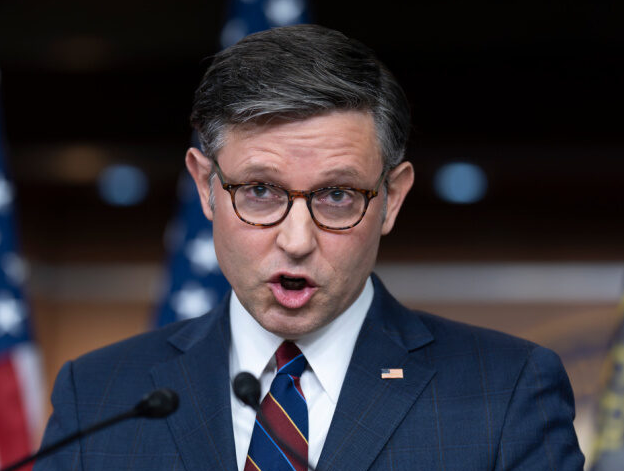House Speaker Mike Johnson has criticized President Joe Biden’s decision to grant a full and unconditional pardon to his son, Hunter Biden, for offenses committed over the past decade. Johnson emphasized that President Biden had previously assured the public he would not pardon his son, making this reversal particularly concerning. He stated, “Trust in our justice system has been almost irreparably damaged by the Bidens and their use and abuse of it,” and called for urgent reforms to restore integrity.
President Biden insisted many times he would never pardon his own son for his serious crimes. But last night he suddenly granted a “Full and Unconditional Pardon” for any and all offenses that Hunter committed for more than a decade!
Trust in our justice system has been almost…
— Speaker Mike Johnson (@SpeakerJohnson) December 2, 2024
President Biden announced the pardon shortly after Thanksgiving, framing it as a response to what he described as selective and unfair prosecution of his son. He asserted that Hunter Biden was targeted solely because of their familial relationship, stating, “No reasonable person who looks at the facts of Hunter’s cases can reach any other conclusion than Hunter was singled out only because he is my son—and that is wrong.”
The pardon encompasses actions dating back to 2014, including Hunter Biden’s involvement with the Ukrainian gas company Burisma, which had previously raised concerns about potential conflicts of interest during Joe Biden’s vice presidency. Critics argue that this pardon undermines the principle of equal justice under the law and erodes public trust in the impartiality of the justice system.
White House Press Secretary Karine Jean-Pierre defended the president’s decision, reiterating that “no reasonable person” could conclude otherwise regarding the perceived targeting of Hunter Biden. She also affirmed President Biden’s confidence in the Department of Justice, despite the controversy surrounding the pardon.
This development has intensified debates over the integrity of the U.S. justice system and the appropriate use of presidential pardon powers, highlighting the complex interplay between personal relationships and public responsibilities in governance.


